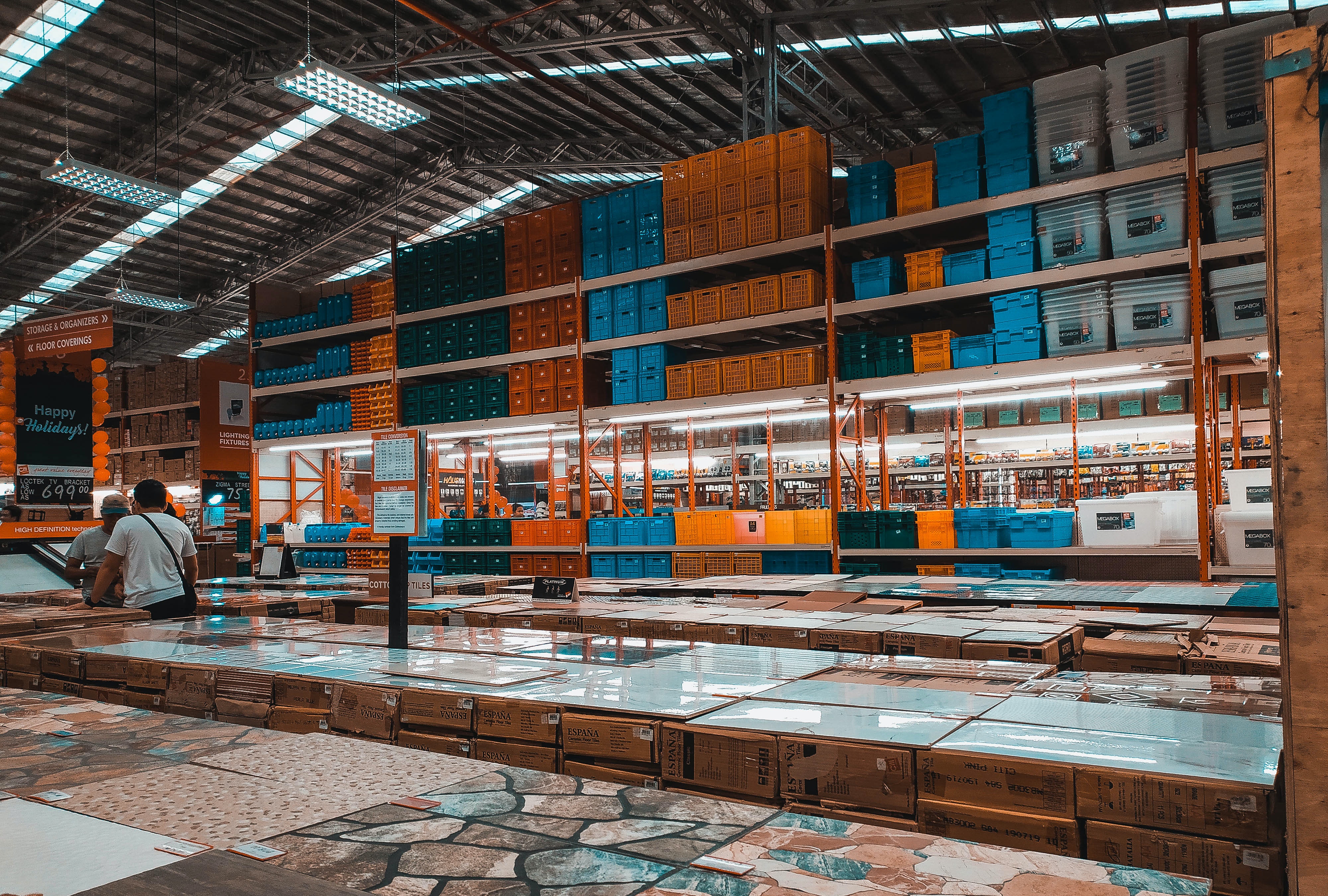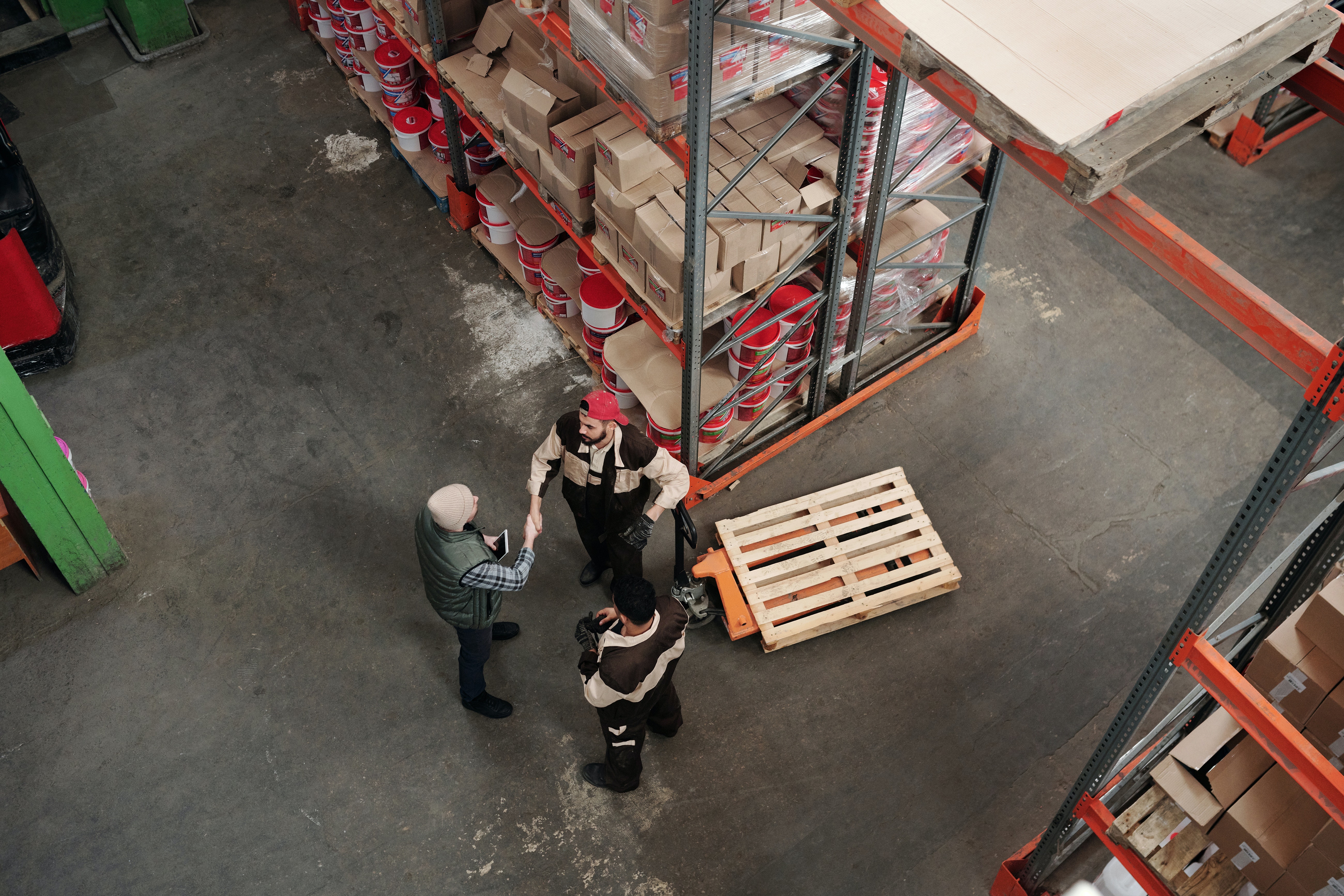Recycling made headlines in 2017 when China banned the import of foreign waste – namely plastics and mixed paper – for its processing facilities. From Australia to the U.S., nations had been sending their waste to be handled in China: a scheme that accounted for almost half of the world’s recyclable waste over 25 years. With stockpiles of waste mounting (or being burned), recycling is at a crisis point – and B Corps are finding ways to reuse and repurpose products instead.  CEO of ASPIRE, Cameron McKenzie
CEO of ASPIRE, Cameron McKenzie
This year, we welcomed ASPIRE to the community: an online matchmaking tool for material resource exchange. Its clever algorithm works for businesses of all sizes, with the aim of introducing circular economy practices to create more sustainable outcomes. Initially the brainchild of CSIRO and Data 61, ASPIRE became a commercial entity more than 18 months ago. The CEO, Cameron McKenzie, spoke with us about the platform as it looks to grow internationally.
B Lab: Can you tell us a bit about the ASPIRE process?
Cameron: ASPIRE is a subscription-based annual membership for businesses of any size. Once you become a member, you have the opportunity both to upload a resource that might otherwise go to landfill and to purchase a resource off of the platform. These can be resources that you need in their current form or ones you want to repurpose to put into your production process. This creates circular economy behaviours.
B Lab: We hear a lot about the circular economy, but it can be difficult to imagine when we’re surrounded by constant consumption. What does it mean in theory, and what does it actually look like in practice?
Cameron: In theory, the fundamental definition of the circular economy is to keep materials cycling through the economy at their highest value for as long as possible. And in practice, the definition of the circular economy is “one person’s trash is another person’s treasure.” We all have a family member that we have referred to as hoarders – maybe they had it right in keeping something “just in case!”

B Lab: I’m sure plenty of industries have byproducts that could be another industry’s treasure. Are there any materials or products that you see massive potential for? Things that are being underutilised or wasted at scale?
Cameron: We have over 180 commodities on the ASPIRE platform and the exchange levels change depending on the value of the resources at any given time. But the obvious products that are overrepresented heading to landfill are e-waste, construction and development waste, flat-pack inexpensive furniture, and textiles.
B Lab: What do you think is the biggest barrier to entry for producers of that waste – companies who could really benefit from the circular economy?
Cameron: Knowledge. Many companies have some amazing circular behaviours that are not recognised.
Time, resources and financial barriers – like with most things worth doing – are always used as an excuse.
This is where the ability to be on a platform that can generate a revenue stream by selling resources otherwise destined for a skip bin, or giving them away for free so you don’t spend so much money every month on skip bins, has been such a successful decision for so many businesses Australia-wide. Assisting in reaching sustainable company goals and networking or collaborating with other like-minded companies, are other benefits to the ASPIRE platform and steps to more circular behaviours.

B Lab: A bit of digging tells us that ASPIRE is an acronym for Advisory System for Processing Innovation & Resource Exchange. Besides being a bit easier to remember, ‘ASPIRE’ seems apt for an organisation working towards a new economy. What’s your vision for the future?
Cameron: In short, our vision for the future for ASPIRE means populating the marketplace with thousands of businesses actively exchanging waste, while reducing landfill and practising circular economy principles. We’re saving businesses dollars, offering localised solutions and creating networks for ongoing community connection.

